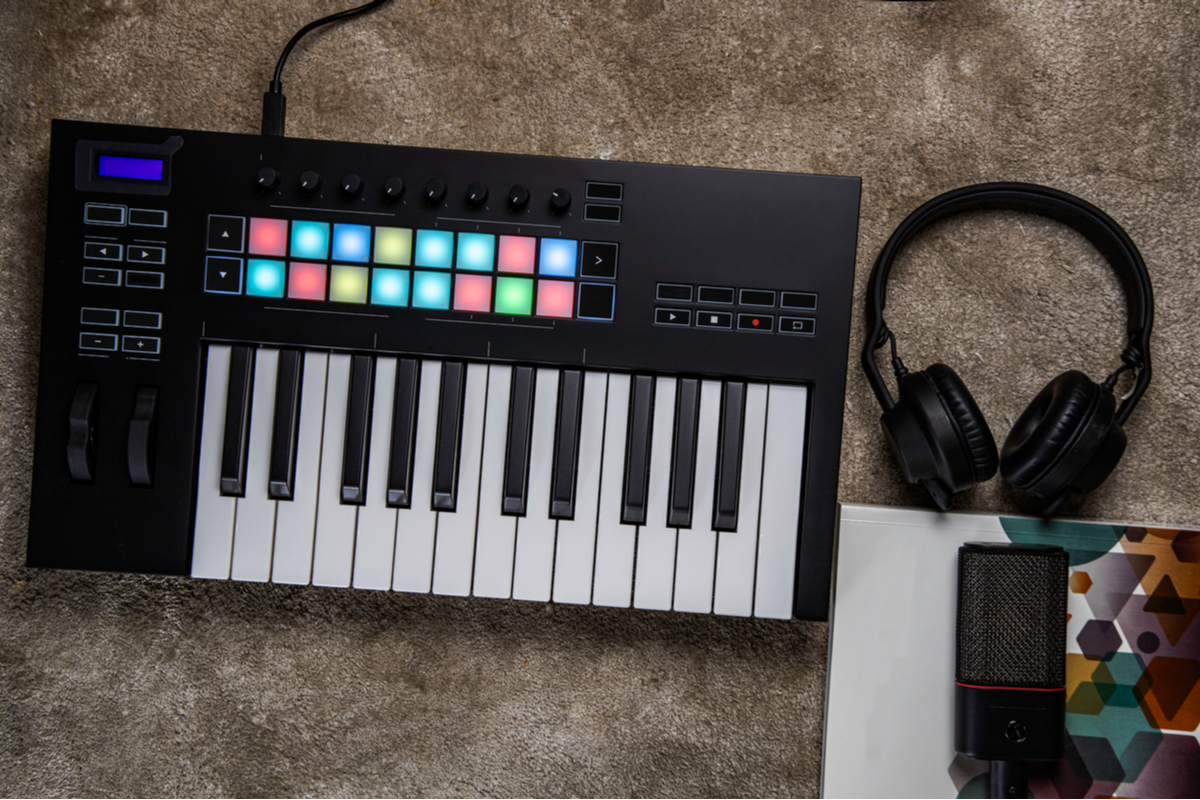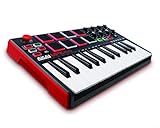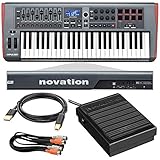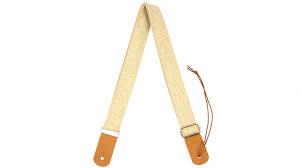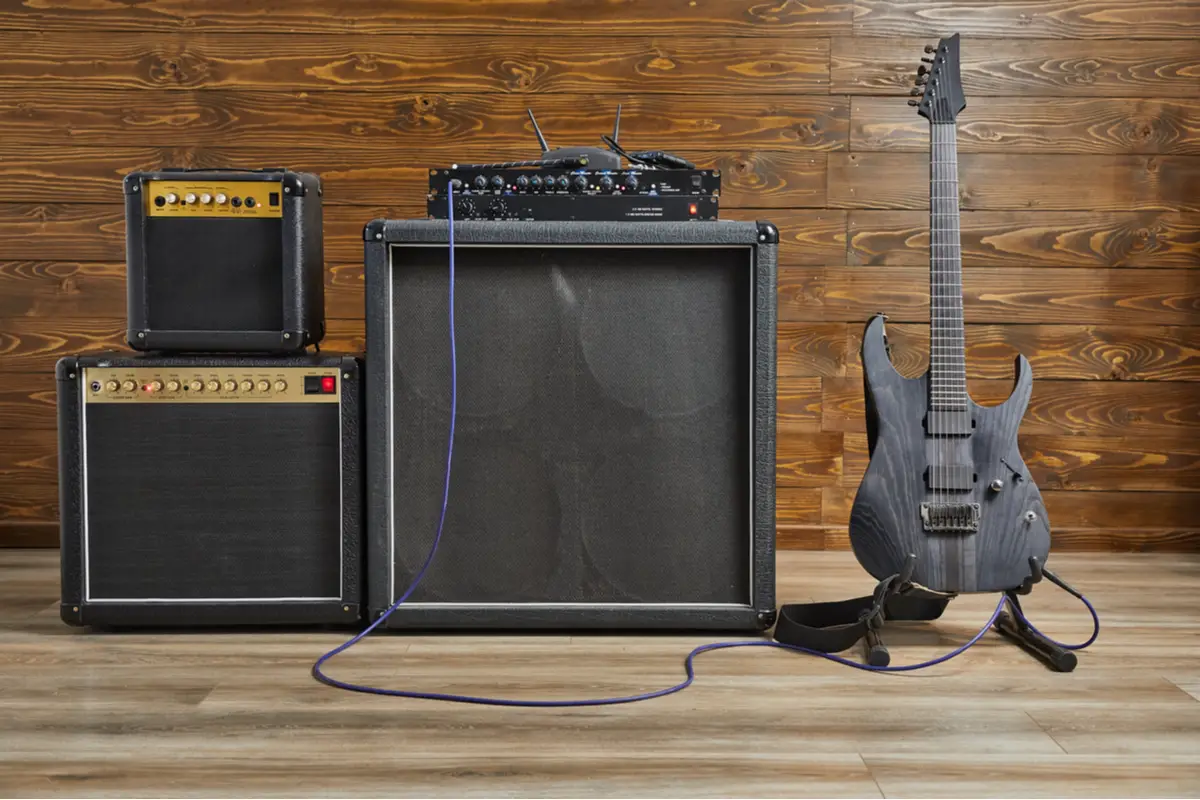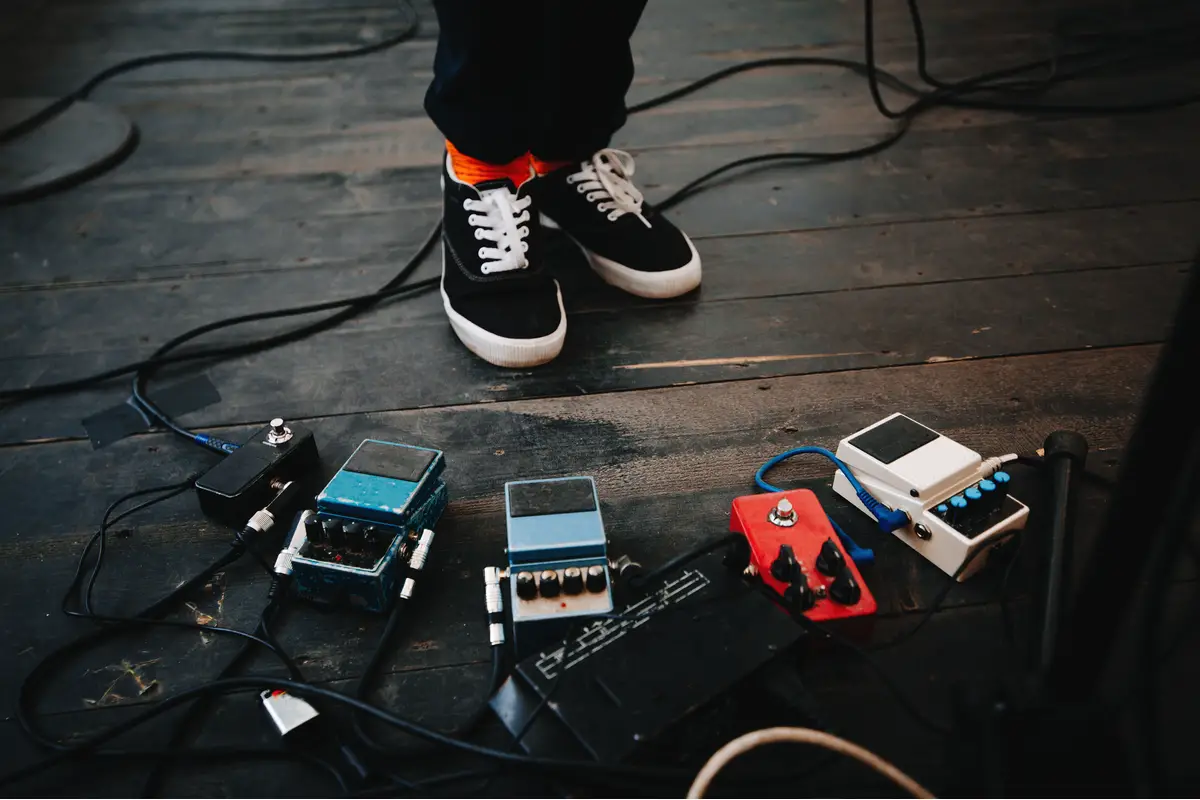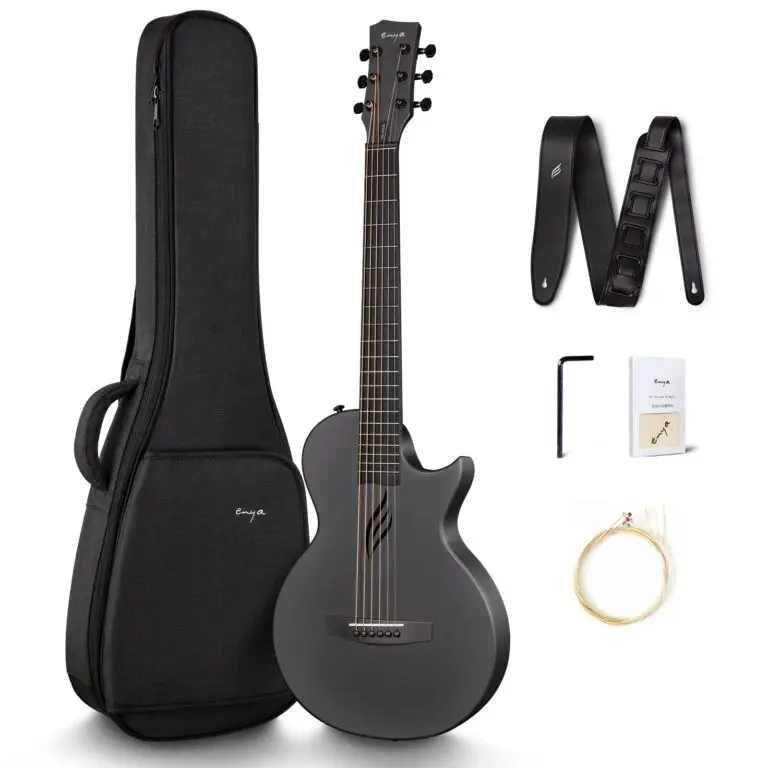Best Midi Controller For Logic Pro X
Logic Pro X is an incredibly versatile piece of software from Apple. You can do a staggering amount within this DAW, and it has revolutionized music production, particularly in home studios.
Professionals and beginners alike use its incredibly wide range of features. Using a quality MIDI controller to use with Logic Pro X is essential for getting the most out of this software.
In this list, we will look at some of the best MIDI controllers that are available on the market and what makes each of them unique and suitable for particular applications. We will also address the build quality, and some pros and cons of each.
Best Midi Controllers (Quick Summary)
IK Multimedia iRig Keys I/O 49 49-Key
- FULLY PORTABLE: Compact and lightweight, this high-quality MIDI keyboard with a 24-bit/96 Khz capable I/O audio interface is an all-in-one studio that works seamlessly with iPhone, iPad, Mac and PC.
- VELOCITY-SENSITIVE: Immerse yourself in the music. With 25 full-size keys and a smooth, velocity-sensitive synth-action keyboard, you’ll find it easy to play and compose music anywhere.
- COMPREHENSIVE CONTROLS: Compact and complete, the MIDI keyboard controller has two slider strips for pitch and modulation (user programmable), octave, Program change and transport controls.
- MAIN FEATURES: Includes a premium combo input jack with gain control for line, instrument or microphones with 48V phantom power and balanced stereo and headphone outputs.
- COMPATIBLE WITH: Requires iOS 12 or later, iPhone 5 a newer, iPad 4th Generation and newer, macOS 10.6 or later, and Windows with an installed driver.
The IK Multimedia iRig MIDI controller is ideal if you want to take your controller with you on the road. It’s also good if you’re just looking for a smaller product because of the space you have available.
The iRig is the perfect controller for shoving it into your backpack and using it wherever you want. You can use it with an iPad, Mac, or even an iPhone. This fantastic level of portability is the iRig’s biggest selling point.
The iRig also comes with its own software, SampleTank SE, that works on both Mac and PC. You can use it as its own standalone software or as a plugin for Logic Pro X or Garageband. It is also compatible with other DAWs such as Cubase . You can also use the iRig with any iOS or Android device.
The iRig is really easy to set up and use. It provides a wide range of functions that can create different styles of music. With 25 full-sized keys spanning three octaves, the keyboard gives you a wide melodic range, which is good for the size of the product.
The iRig’s simplistic design makes it a great MIDI controller for producers who want a controller without all the bells and whistles. There are only five buttons on the controller, which are Octave Up and Down, Program Up and Down, and the Set button, which allows you to save four set-ups.
There is a Volume/Data knob, which is easily assigned to specific parameters to suit your needs. Apart from this, there is a modulation and a pitch wheel, as you would expect to see on a keyboard or synthesizer.
Pros
- Lightweight and compact
- Easy to use and set up
- Minimal design
Cons
- Make from a light plastic material
- The keys are slightly thin and non-weighted
Korg NANOKEY2BK
- Low-profile, 25-key USB-MIDI keyboard, ideal for use with laptop and netbook computers
- Advanced-design keyed offers improved accuracy and velocity-sensitive keys
- Sustain button – ideal for entering piano parts!
The Korg NANOKEY2BK is an ultraportable budget option for a MIDI controller. This keyboard is perfect for those with very limited space, or for those who like to create whilst on the move.
This compact, slim keyboard can fit into almost any backpack or small satchel.
With 25 low-profile keys that are velocity sensitive, you can capture an expressive performance with ease despite the keyboard’s small size. Thanks to the Korg’s minimalist design, there aren’t many knobs, buttons, or faders, but the NANOKEY2BK has everything you need to be creative when making music.
As you would expect, you have an Octave Up and Down button that allows you to shift up to four octaves higher or lower, expanding the harmonic range you have at your fingertips. Besides this, you have pitch bend up and down buttons alongside a modulation button.
Normally you would have a modulation and pitch bend wheel for these functions, but this design saves on space.
Pros
- Very affordable price
- Compact design
- Easy to use and set up
Cons
- No backlighting
- No modulation or pitch bend wheels
Nektar Panorama P6
- Nektar’s most advanced MIDI Controller. 61 semi-weighted full-size velocity sensitive keys + aftertouch. Amazing number of controls available includes 100mm ALPS motorized touch-sensitive high resolution fader.
- Deep DAW integration for Cubase, Logic, Studio One, Bitwig Studio, Nuendo, Mainstage, Reason and Reaper.
- Comprehensive MIDI functionailty. Compatible with all MIDI music software applications
- Mac and PC compatible
- Includes PreSonus Studio One Artist DAW
The Nektar Panorama P6 is a great MIDI controller for piano players thanks to its 61 velocity sensitive, weighted keys.
These keys have a similar feel to an acoustic piano but with less finger exhaustion, so you can play for extended periods of time without fatigue.
The keys also have five velocity curves, giving you an incredibly wide dynamic range for intensely expressive performances. Its sleek design would look amazing in any professional studio or home studio. The Panorama P6 gives you an incredible array of controls thanks to its 9 faders. You also have a motorized ALPS fader that is also touch sensitive.
The Panorama P6 features 12 velocity and pressure-sensitive pads, and ten LED buttons that you can assign to any parameter. This gives you an incredibly wide range of controls.
In terms of connectivity, the Panorama provides you with a USB port, a USB Micro B connector, a foot switch ¼ jack input, and an additional ¼ inch jack input for an expression pedal. That’s a lot of bang for your buck!
Pros
- Sleek, professional design
- Great build quality
- Deep integration software
Cons
- More expensive than the others on our list
Akai Professional MPK MINI MK2 MKII
- Compact keyboard controller easily fits backpack and studio production desk (12.4″ long, 1.6 lbs)
- Powered by USB connection to computer, with free virtual-instrument download packages
- Crammed full of all the features you need to play and edit musical ideas
- 25-synth-action mini-keys, 8 velocity-sensitive rubber drum pads with two banks, and eight assignable control knobs
- Dedicated buttons for Note Repeat, Full Level, and Octave Up and Down
This second edition of the very popular Akai Professional MPK MINI series is a great compact MIDI controller. Akai improved upon their previous model with the MKII by incorporating an OLED screen and a new keyboard.
The MPK MINI MKII is a robust, small MIDI controller with excellent build quality. It features 25 velocity-sensitive keys, along with 8 dynamic, MPC-style pads.
This MIDI controller is suitable for beginners and experienced music makers alike. With this MIDI controller, you get a useful software pack that is perfect for beginners. It comes equipped with a new piece of production software developed by Akai called MPC Beats.
Pros
- Compact design
- Robust, solid construction
- Versatile controller
Cons
- No aftertouch on the keys or pads
Novation Impulse 49
- USB-MIDI keyboard controller with 49 semi-weighted keys with assignable aftertouch for accurate and expressive performance
- Works with major DAWs and Automap 4 to give you full control of plug-in instruments and effects, control surface with 8 knobs, 9 faders and assignable buttons, pitchbend, mod wheel, and 6 transport buttons
- 8 velocity-sensitive drum pads that also function as backlit 3-color LEDs let you trigger arpeggios, launch clips, and warp and roll beats
- MIDI in and out, expression & sustain pedal inputs, USB powered. Ableton Live Lite, Novation Bass Station synth, a 4GB Loopmasters sample library and more included
- Basic Accessory Bundle includes a Switch-Type Universal Keyboard Sustain Pedal, 9.9’ Dual MIDI Cable, USB Cable and a Fibertique Cloth
If you have experience in music production, you’d be hard-pressed to find a better and more versatile MIDI controller than the Novation Impulse 49.
The Impulse 49 comes with the Automap 4 Control software, which can integrate easily with many DAWs, including Logic Pro X. This software maps all the controls instantly to your DAW, including all the faders, knobs, and buttons.
This allows you to get the most out of your DAW with this seamless integration and wide range of controllability.
This controller features 49 full-sized, velocity sensitive piano keys that are semi-weighted. They don’t feel exactly like an acoustic piano, but they give you plenty of tactile feedback, and they feel great to play.
The keys also have aftertouch capabilities that you can control to increase the dynamic range for more expressive performances. The Impulse 49 has eight pads that also have aftertouch capabilities, and they’re velocity sensitive. They are back lit by LED lights, and they have a range of additional functions, such as modulating the arpeggiator and rolling drum beats.
With the Impulse 49, you get eight knobs and nine faders that are easily assignable to any parameter of your choosing. Using these alongside the custom LCD screen, you can adjust and control all aspects of your software instruments to your liking.
Pros
- Responsive keys and pads
- Great build quality
- Wide range of controls
- Aftertouch integration with the keys and pads
Cons
- The faders can feel slightly gritty
Arturia KeyLab Essential 49
- Software Included: Analog Lab V with 2000 synth sounds, Ableton Live Lite, and UVI Grand Piano model D
- 49 key velocity sensitive keyboard with hybrid synth-piano feel
- Controllers: 1 clickable encoder, 9 encoders, 9 30mm faders, 6 transport switches, 4 command switches, 1 modulation wheel, 1 pitch bend wheel, 8 touch and pressure-sensitive pads
- Perfect Analog Lab integration: Select sounds, browse presets, switch parts, smart-assigned controls. Standalone or plug-in operation: VST, VST3, AU, AAX. Over 7000 TAE powered preset sounds from Arturia’s award-winning V Collection.
- KeyLab Essential is built to make music accessible, to streamline the production process, and to help you find your sound as quickly and intuitively as possible. Remove all distractions and enjoy a responsive keyboard, tactile DAW commands, and swift preset browsing for a seamless music-making experience all in one.
The KeyLab Essential 49 from Arturia is a great, versatile MIDI controller with plenty of controls and a high-quality LCD screen.
Arturia has amassed a good reputation in the world of high-end MIDI controllers for good reason, and the KeyLab Essential 49 is a good example of why.
Included with the KeyLab Essential 49, you get a great selection of software to get you started. This includes Ableton Live Lite, Analog Live Lite, and UVI Grand Piano Model D.
In the Analog Lab 2 software, you get 5000 sounds that are featured in Arturia’s V Collection of sounds that replicate a wide range of classic synthesizers.
The KeyLab Essential 49 is a smaller version of the KeyLab Essential 61, and the 49-key version comes at a significantly lower price.
The Essential 49 features a modulation and pitch wheel, octave and transposition control buttons, 9 faders and 9 rotary encoders. You also get eight back-lit pads.
Pros
- Less expensive than the larger model
- Chord play function
- Software included
Cons
- No aftertouch function
Buyers’ Guide
When looking for a MIDI controller, there are many factors to consider. Some people want something simple but powerful, while others prefer something more complex and feature-rich.
The following guide will help you find the ideal MIDI controller for you. Before purchasing your first MIDI controller, think about what you need it for.
If you’re just starting out or have little experience with MIDI controllers, then a basic unit may work fine for you. Using a quality MIDI controller can help you get the most out of your DAW, whether you’re using Logic Pro X or any other software.
What’s the best MIDI controller for how I play?
For pianists, you will probably want to get an MIDI controller with a high number of keys and weighted keys. This will affect the way the controller plays and feels, making it closer to a real acoustic piano.
Otherwise, for people who don’t play piano, the extra weighted keys may be unnecessary. For enthusiasts of musical styles such as EDM, they may want an MIDI controller with extra knobs, sliders, and pads to control different parameters of electronic instruments.
The style of music that you want to produce should inform what kind of MIDI controller you want.
It’s also important to consider the size of the MIDI controller and keep in mind the amount of space you have available. You don’t want a MIDI controller that is too big for your desk or workspace.
If you want to travel with your MIDI controller, you may want a more compact and light one that is easily transportable.
Features To Consider When Buying A Midi Controller
Number of Keys
The number of keyboard keys on your particular MIDI controller is a primary factor that you should consider. If you’re a piano player, then it’s likely that you will want a higher number of keys in order to play chords and accompaniment with both hands.
If this is not the case, then you may want a more minimal keyboard with fewer keys to play bass lines and simple melodies. This depends on your specific needs and abilities.
Key Features: Weighted Or Semi-Weighted
Not only the number of keys, but the style of keys themselves are very important to consider when choosing a MIDI controller. Getting a keyboard with the right style of keys for you will improve your playing experience and make the process a lot more enjoyable.
Different styles of keys have varied capabilities, so it’s important to note what these particular features are and compare it to your own specific needs.
Full sized, weighted keys look and feel closer to the keys of an acoustic piano.
For pianists, it’s likely that you will want an MIDI controller that replicates the feel of a real piano, as this more authentic feel is closer to what a piano player is used to.
Semi-weighted keys, such as the keys of the Novation Impulse 49, don’t feel the same as an acoustic piano, but their spring-loaded mechanism provides enough tactile feedback to make playing them an enjoyable experience.
Pads And Controllers
Today, many MIDI controllers not only feature a keyboard but a range of pads, buttons and knobs. Many also have faders on them, whilst others are more minimal in their design.
Not everyone requires these additional controls for their music-making process, but some will find them very helpful. aPads, for instance, are often for making drum beats within Logic Pro X or any other DAW.
This way of capturing a performance can make a drum beat feel more authentic than simply programming it in.
Knobs and faders give an additional level of control and expression to your performances. You can assign these controls to many parameters within the DAW.
Typically, MIDI controllers with a high number of additional controllers and pads are more expensive.
If you don’t think you require these additional controls, save your money and go for a more minimal MIDI controller, such as the Korg NANOKEY2BK.
Our Verdict
The best MIDI controller for you highly depends on your particular needs. Either way, having a good MIDI controller can expand your creativity and improve your workflow within Logic Pro X extensively.
We hope our guide has provided you with enough information to make your own informed decision about what MIDI controller is the perfect one for you.
Frequently Asked Questions
What Midi Controllers Do The Pros Use?
Many professional producers and songwriters such as Charlie Puth use M-Audio Oxygen 61 61-Key USB MIDI Controller MKIV.
Otherwise, many professional producers use an extremely wide range of different MIDI controllers, depending on their particular needs.
How Many Keys Is Enough?
The number of keys you need depends on the way you’re using the MIDI controller. If you’re not a piano player, and you only want to make beats, a keyboard with 25 keys may be enough.
If you want to play full chords like on an acoustic piano, you may want a MIDI controller with 49 or more keys.
Do You Need A Keyboard For Logic Pro X?
Although it isn’t entirely necessary to use a MIDI controller with Logic Pro X, it can make the music-making process a lot easier and speed up your workflow. It does, however, depend on what style of music you are making.
If you’re mainly recording acoustic instruments, it may not be necessary for you to use a MIDI controller at all.

